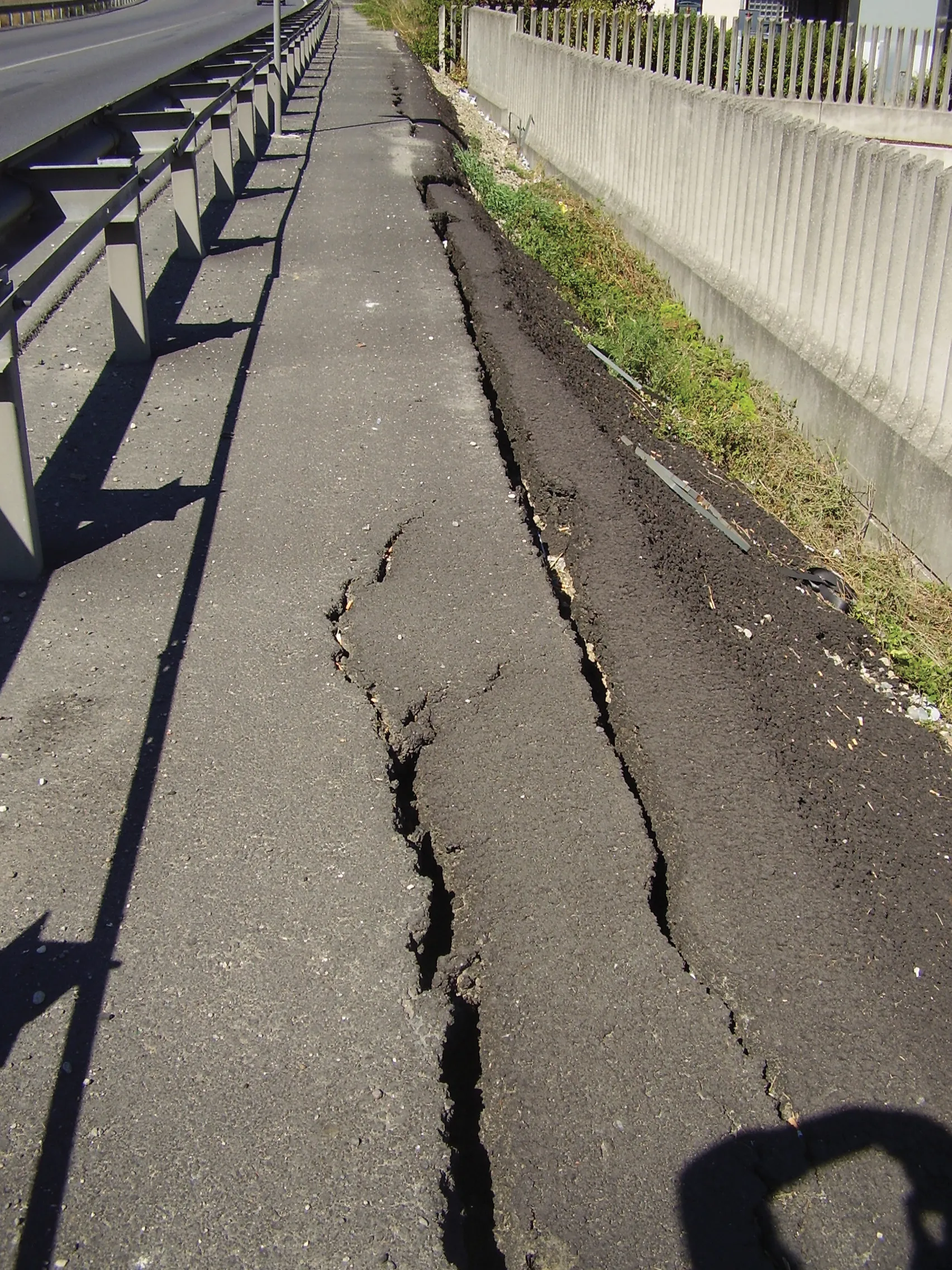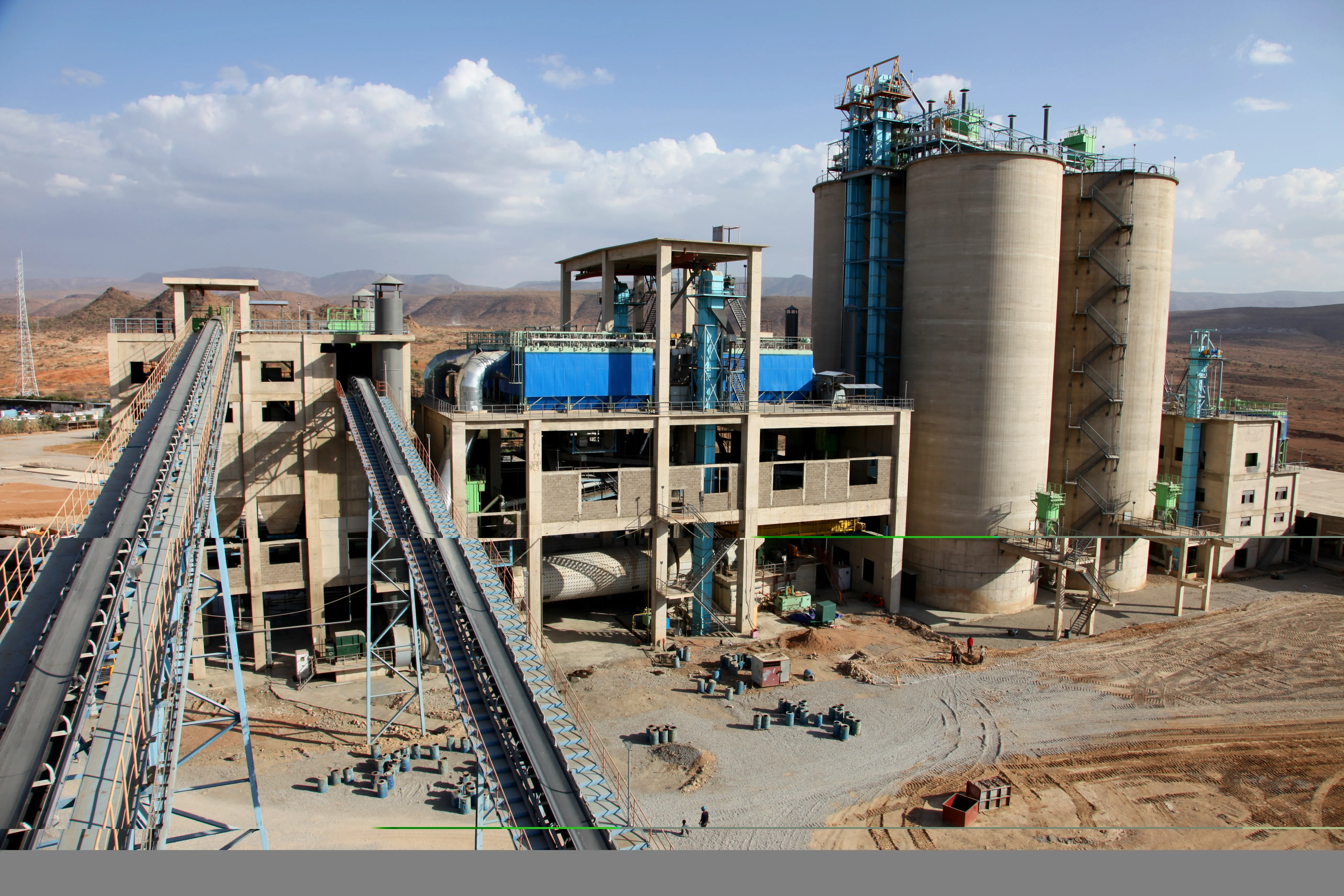The authorities in Honduras have excluded a number of contractors from taking part in the construction of the central highway project. The firms in question do not meet technical and financial requirements set by the World Bank, which is supplying funding for the projects.
May 4, 2012
Read time: 1 min
The authorities in Honduras have excluded a number of contractors from taking part in the construction of the central highway project. The firms in question do not meet technical and financial requirements set by the 2332 World Bank, which is supplying funding for the projects. At least 10 companies are affected and this situation is said to place major concerns over their future. The Construction Industry Association of Honduras (2326 CHICO) is keen for local firms to be given equal opportunities to take part in major road construction projects however. It says that increasing the number of participants allowed would help improve transparency and result in more competitive pricing.








